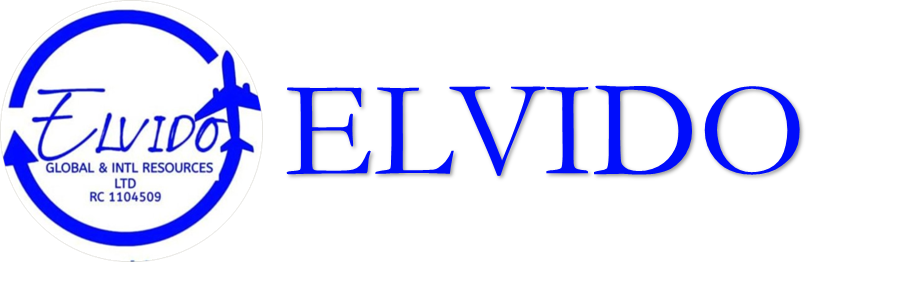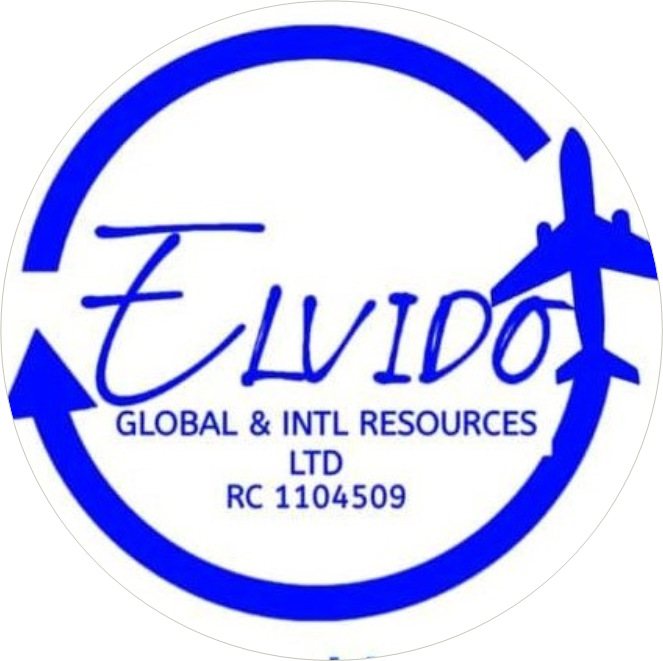 |
| Discover the 2025 strategy helping Nigerians secure international jobs from home |
Are you a Nigerian professional dreaming of a career beyond borders?
Many believe securing an international job while still based in Nigeria is a distant dream. But what if we told you it's not only possible but has been successfully achieved by many, including by someone right from their room in Nigeria? This guide breaks down a proven strategy to help you land that coveted international role.
The Real Talk: Is it a Secret?
When you tell people you secured a job in the UK while in Nigeria, the common response is, "How? What's the secret?" The truth is, there's no magic spell, but there is a strategic approach that involves preparation, perseverance, and a bit of a bold move. This method has worked for many, and it could work for you too.
A Quick Disclaimer: This strategy is most effective if you have a few years of professional experience (e.g., 4+ years in IT/Tech, as in the example shared). While not impossible for entry-level, experienced professionals might find this pathway more direct. Success is never guaranteed, but trying significantly increases your odds.
Step 1: Sharpen Your Sword – Optimize Your Professional Presence
Before you even think about applying, your professional profile needs to shine. This is your first impression, and it needs to be impactful.
- Craft a Catchy Resume (CV): Your resume is your professional story. Detail all your past achievements, projects, and skills. For tech professionals, this means highlighting specific projects, technologies mastered, and the impact of your work. Make it professional and targeted for international standards.
- Optimize Your LinkedIn Profile: LinkedIn is your digital professional storefront. Make it attractive, complete, and reflective of your resume. Recruiters actively use LinkedIn to source candidates, so a strong profile is non-negotiable. Ensure your skills, experience, and endorsements are up-to-date and relevant to the roles you're targeting.
Pro Tip: Many professionals offer paid services to help optimize resumes and LinkedIn profiles for international job markets. This can be a worthwhile investment.
Step 2: Strategic Research – Know Your Target
Don't just apply blindly. Targeted research saves time and increases your chances of success.
- Identify Your Industry: While you might be open to various opportunities, narrowing down industries that align with your long-term goals is crucial. Research sectors that have a high demand for your skills abroad.
- Research Employers: Look for companies within your chosen industries. Beyond just checking their job boards, research their culture, values, and if they have a history of hiring international talent.
- Identify Sponsorship-Enabled Companies (Crucial for UK): For countries like the UK, many companies are authorized to sponsor international workers. There's usually a government website listing these licensed sponsors. Before you even apply, check if your target companies are on this list. This knowledge empowers you during later stages of the application process. (For the UK, search for "UK licensed sponsors list" or "Skilled Worker visa sponsors list").
Step 3: Proactive Outreach – Master the Boolean Search & Connect with Recruiters
This is where you shift from passively applying to actively seeking out opportunities.
- Leverage LinkedIn Boolean Search: This advanced search technique can help you find specific recruiters within your target companies. Use operators like "AND," "OR," and quotation marks to refine your searches.
Example: To find HR professionals at Shell in the UK:
HR AND Shell AND "United Kingdom"This will give you a list of HR personnel who are likely involved in day-to-day recruitment.
- Direct Outreach: Once you identify relevant recruiters (aim for staff level, not necessarily directors), send them a personalized message (LinkedIn InMail, if you have premium, or connect with a note).
Attach your optimized CV and briefly state your interest in joining their company, highlighting how your skills align with their open roles (ensure you've checked their career page for openings first!).
- Expect Rejection, Embrace Perseverance: This step is a numbers game. You might send out messages to 100 companies and get 99 rejections. This is normal. The goal is to find that one opportunity. Don't get discouraged by the "no's"; focus on the potential "yes."
Step 4: The Game-Changer – Adjust Your LinkedIn Location
This is the bold move that can significantly increase inbound interest from recruiters.
- Change Your LinkedIn Location to the Target Country: While physically in Nigeria, update your LinkedIn profile's location to the country you wish to work in (e.g., United Kingdom).
- Why This Works: Recruiters often filter candidates by location first. By setting your location to the target country, you bypass this initial filter and appear in their searches. Since your profile is already optimized ("sharpened sword"), you become an attractive candidate.
- Be Ready for Inbound Interest: Once you make this change, you might start receiving direct calls and messages from recruiters interested in your profile.
Step 5: The Interview & The Sponsorship Conversation – Sell Your Value
This is the critical stage where your skills meet the opportunity.
- Engage with Recruiters: When recruiters reach out, accept the call or schedule a meeting. Don't immediately reveal your current location. Focus on understanding the role and selling your skills.
- Virtual Meeting Platforms: Suggest platforms like WhatsApp (for calls) or Microsoft Teams. Teams, in particular, often sounds more formal and professional, aligning with corporate interactions.
- Sell Your Expertise: During the conversation, demonstrate clearly that you are the ideal candidate. Talk about your experience, how your skills align perfectly with the role's requirements (e.g., "vulnerability management is my bread and butter," "I play with threat intelligence in my sleep"). Make them see you as indispensable.
- Introduce the Sponsorship/Remote Work Question Strategically: Once they are convinced of your value and suitability for the role, then (and only then) introduce the location aspect.
"I'm incredibly excited about this role and confident I'm the right fit. However, I'm currently not based in the UK. Would this role be fully remote, or would your company be willing to sponsor me to relocate?"
- Prepare for Outcomes:
- Rejection: A significant number of recruiters might drop out at this point, even if they initially thought you were perfect. This is expected.
- Escalation: The recruiters who are truly impressed will take your case to their superiors, advocating for you despite the sponsorship requirement. This is where your thorough research on companies that can sponsor pays off. They might decide to do another interview or directly begin the sponsorship process.
The Bottom Line: Give It a Try!
Many people have successfully used this method to secure jobs abroad from Nigeria. While there's no guarantee, applying for jobs you think you won't get is already a common practice. Why not try this strategic approach that significantly increases your chances, even if the odds are challenging? You have nothing to lose and a world of opportunities to gain.
Share your thoughts and experiences in the comments below! Have you tried this method? What were your results?
Ready to take the next step? We can help you secure a job in Portugal, Romania, Russia, and Serbia in just 3 weeks. WhatsApp for more details!
FAQs
- Q1: Do I need a specific degree to get a job abroad from Nigeria?
- A1: While specific degrees can be an advantage, many roles, especially in tech, value practical experience and certifications more than a specific degree. Your skills and proven track record are key.
- Q2: How much experience do I need to apply for jobs abroad with sponsorship?
- A2: While individual cases vary, having 3-5 years of solid professional experience in your field significantly strengthens your application, especially for roles that offer visa sponsorship.
- Q3: Is changing my LinkedIn location deceptive?
- A3: This is a point of debate. The strategy is to get past initial filters. You are honest about your current location when the conversation becomes serious. Many argue it's a way to get your profile seen by recruiters who might otherwise overlook international candidates, especially when the company can sponsor.
- Q4: How long does the international job search and visa process typically take?
- A4: This varies greatly by country and company. The job search itself could take months of consistent effort. Once an offer with sponsorship is extended, the visa processing time can add several weeks to a few months. Patience is crucial.
- Q5: What are common challenges Nigerians face when seeking jobs abroad?
- A5: Common challenges include competition, the need for visa sponsorship, adapting resumes to international standards, overcoming geographical bias in initial screenings, and navigating complex immigration processes. However, these are surmountable with the right strategy.



Do leave your comments